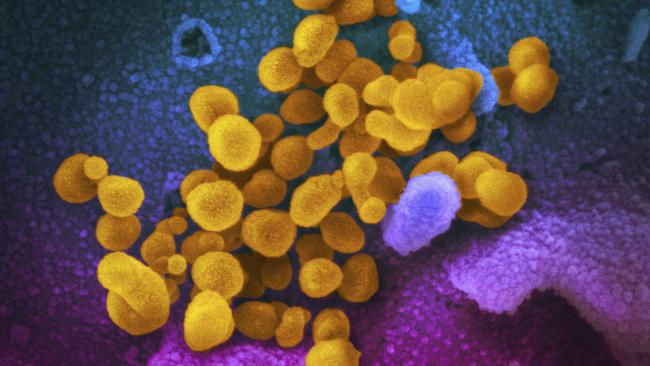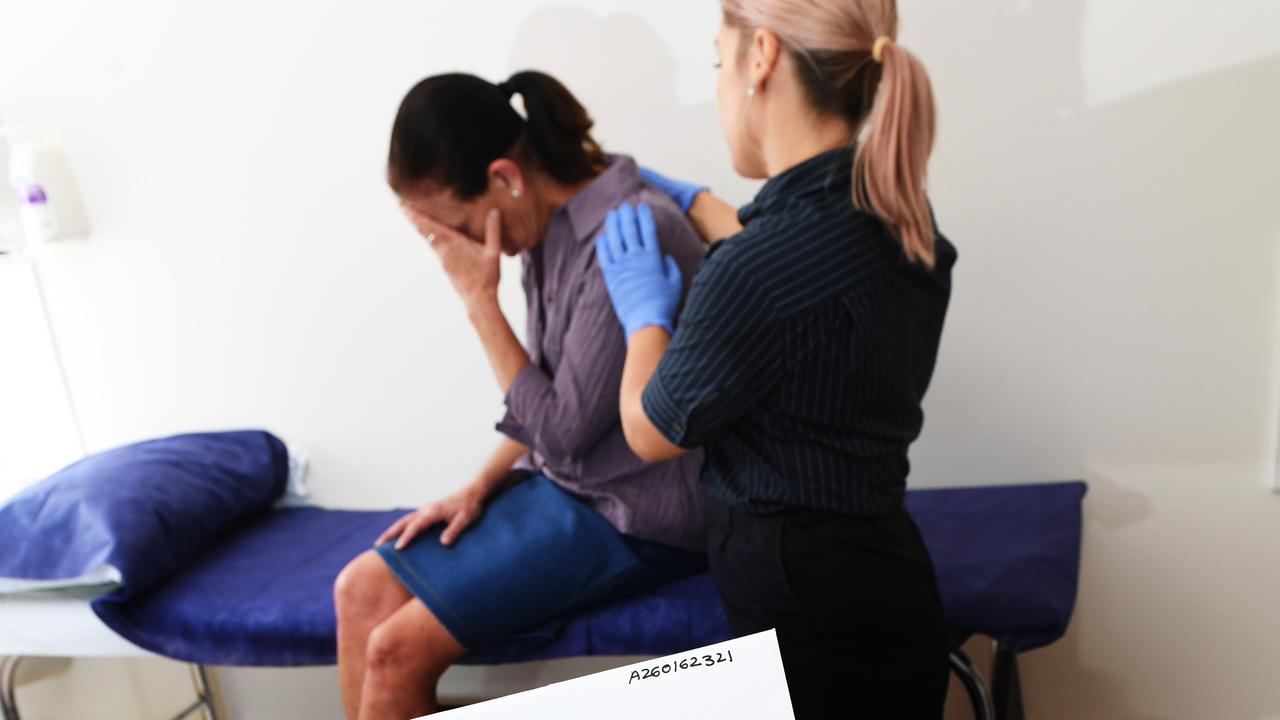If you’re young or female, your coronavirus severity odds are better
A Chinese study has found that women and young people are less likely to become seriously ill with COVID-19.

Women and young people are less likely to become seriously ill with COVID-19, says a Chinese study that also found almost half of cases were asymptomatic.
The Chinese study was published as an Australian study found that more than eight out of 10 cruise ship passengers who tested positive for COVID-19 had no symptoms.
Researchers from Wuhan University studied 78 patients admitted to the Zhongnan hospital in the city between December 24 last year and February 24 this year.
The patients were infected in 26 different clusters, and all had either contact with a confirmed COVID-19 case, or some connection to the Hunan seafood market, where the outbreak of SARS-CoV-2 first emerged.
Of female COVID-19 patients studied, 66 per cent experienced asymptomatic infection. That compared with an average rate of asymptomatic infection among both genders combined of 42 per cent. The median age of those who experienced no symptoms with the disease was 37.
The study found those who had asymptomatic infection were still shedding the virus, and therefore able to transmit it.
The study examined epidemiological data, records of patient symptoms, laboratory results and chest CT scans to analyse the severity of illness experienced by the patients in the study.
All patients were given the same treatments by the same healthcare workers. Most patients who reported symptoms suffered fever, fatigue and a dry cough.
The study also examined the differences in damage incurred to the immune system of patients who experienced symptomatic infections compared with those who were asymptomatic.
Researchers found asymptomatic patients had less damage to the liver, less consumption of key immune cells known as CD4 lymphocytes, and experienced little damage to the lungs. Asymptomatic cases also shed the virus for a shorter period of time.
The study’s authors added that: “Although patients who were asymptomatic experienced less harm to themselves, they may have been unaware of their disease and therefore not isolated themselves or sought treatment, or they may have been overlooked by healthcare workers and unknowingly transmitted the virus.
“Patients with asymptomatic SARS-CoV-2 infection have a shorter duration of viral shedding from nasopharyngeal swabs and lower risk of a recurring positive test result of SARS-CoV-2 from nasopharyngeal swabs, which can provide a reference for improving prevention and control strategies for … asymptomatic patients.”
The study’s findings are roughly in line with published research that has indicated up to half of all people infected with COVID-19 experience few symptoms.
It comes as a separate study was published on the efficacy of the drug remdesivir, which was originally developed to treat Ebola.
Preliminary results published in the New England Journal of Medicine found it shortened the time to recovery in adults hospitalised with COVID-19.




To join the conversation, please log in. Don't have an account? Register
Join the conversation, you are commenting as Logout